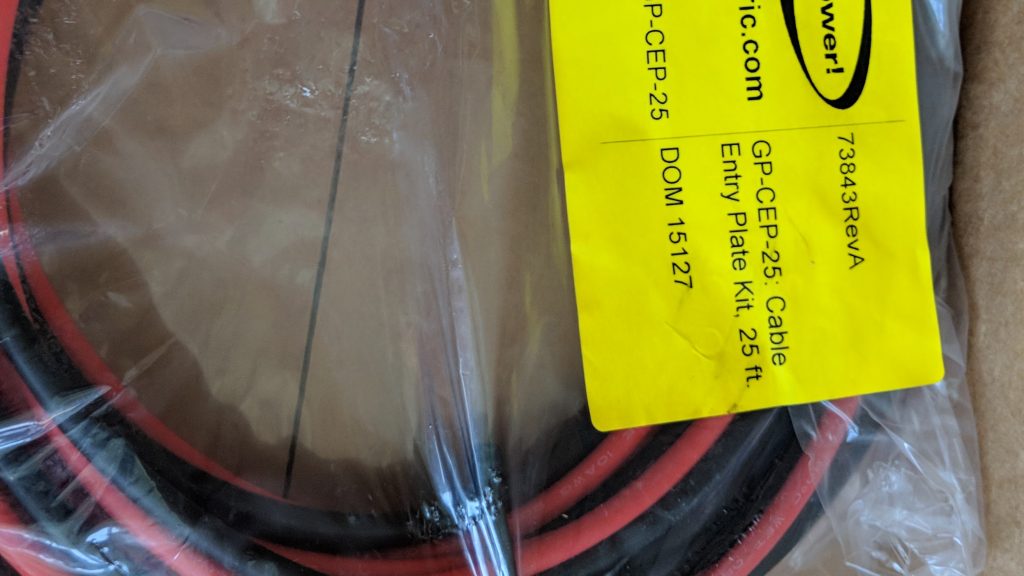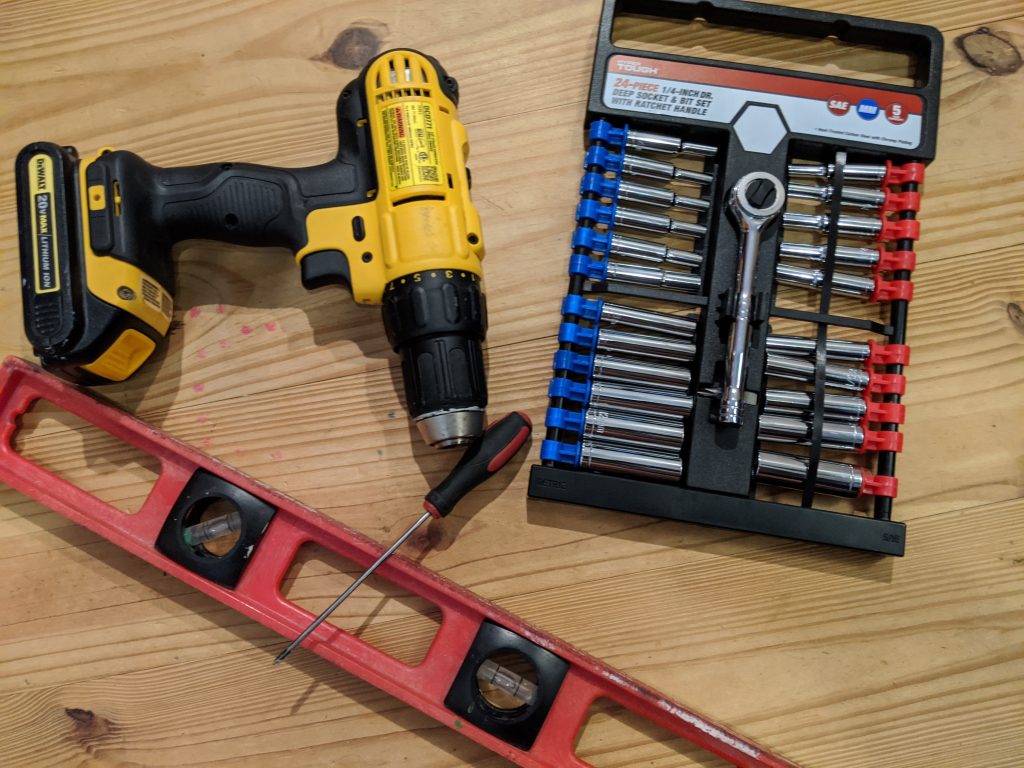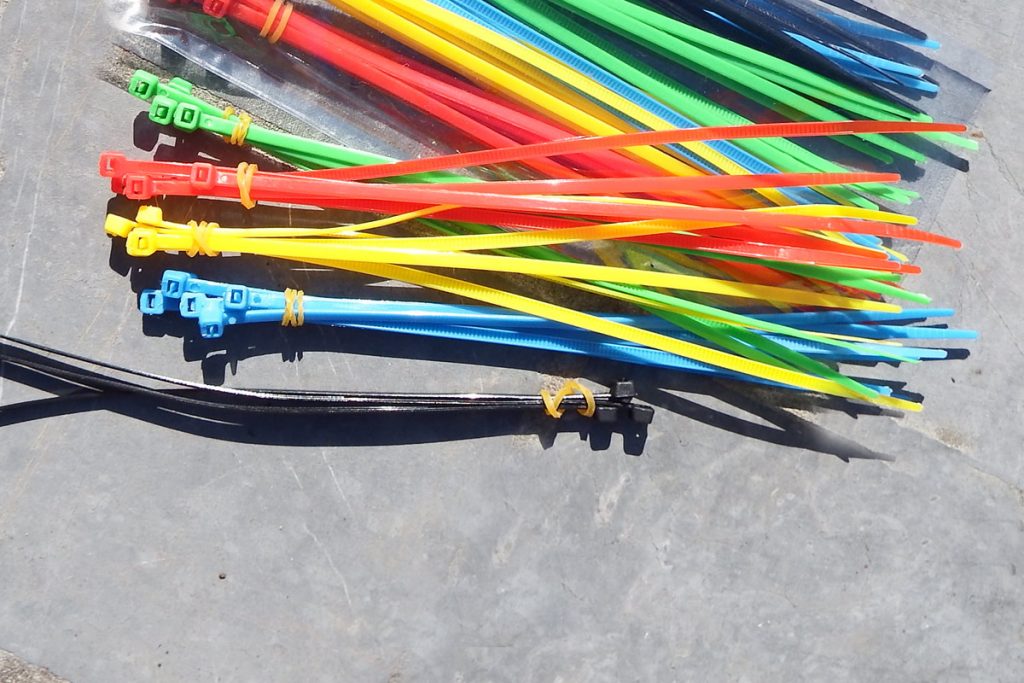Residential refrigerators have started to be added to most of the larger Class A Motorhomes and 5th wheels. I have seen a few models of travel trailers that have also been included in the list of units that the non-propane electric-only refrigerator is the main option for off-grid refrigeration. now it is important to know that when you get rid of the propane option on your refrigerator you take away one of the simplest and easiest ways to power that unit. But that doesn’t mean that there no other good options available, in fact, a well-equipped RV with solar panels, power inverter, and a decent house battery bank can create a system where very little power is needed to be added to run the refrigerator off-grid. This can mean fewer trips to the propane store and also a refrigerator that is more consistent and home leg than the models of years gone by. In this article, we hope to look at the good bad the how and the why of running a residential refrigerator off-grid. At the end of the article, we hope to make some conclusions on what factors will impact the success and possible issues you may face when boondocking. An example of what the newer RVs look like when equipped with a residential fridge with ice maker https://tiffinmotorhomes.com/class-a/open-road-allegro .
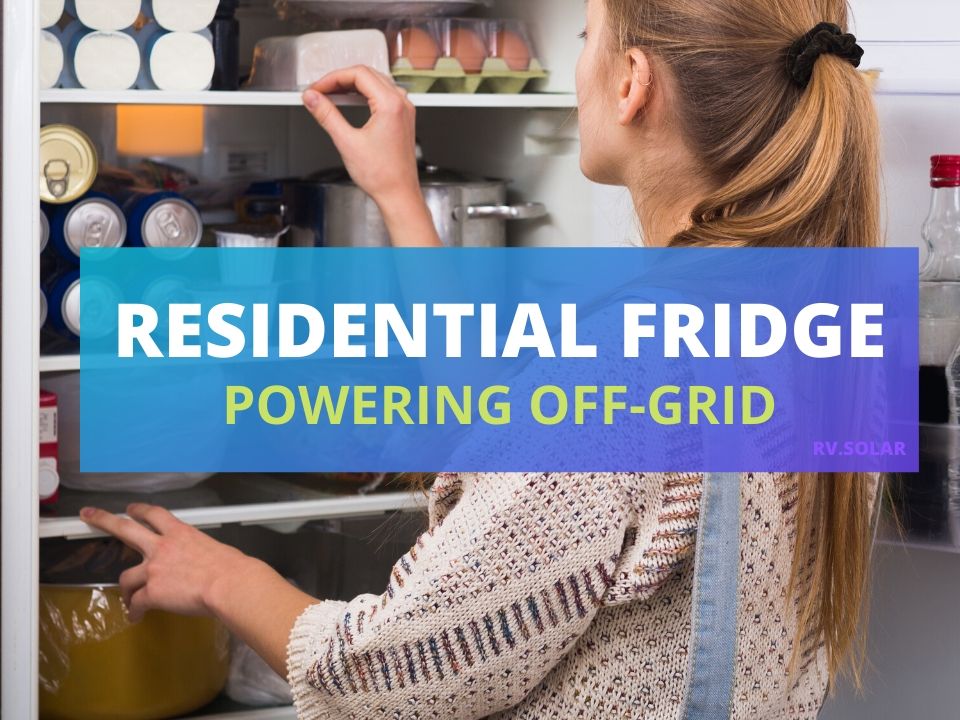
Sample Refrigerators
Solar array requirements
The need to run solar systems to power a residential refrigerator in RVs started a whole line of larger arrays solar kits. When the RVs first started to integrate residential fridges, these systems were around a kilowatt. Now as the manufacturers are using more efficient refrigerators, the size of that array required may go down as low as 570 Watts. But know that a residential refrigerator running off-grid at a high ambient temperature will use a lot of power, so it is important to have an alternate means of charging the battery on inclement weather days and when the array is shaded. That is why many of the RVs that have the residential fridges install also have an on-board generator however it is not ideal or even allowed in some national parks to run the generator for the refrigerator. This is where your solar system will really be able to allow you to go off-grid camping and boondocking without the need for propane. some people have thought that the solar array was too large for the amount of money they had to spend to have the residential fridge and they decided to opt for the propane. Over the time of operating the residential refrigerator on a solar system, it may actually be cheaper than running and replacing the propane needed to run off-grid. Sizing the system is important to consider.
Common RV solar components needed
House battery bank requirements
To get your refrigerator to run off-grid it is important to have a large battery bank. A bank rated between 750Ah and 1000 Ah would be optimal. This would allow plenty of storage capacity to handle a day or so of inclement weather.
An AGM battery bank or a flooded battery bank would need to be twice as large as a lithium bank just to keep from over-depleting the batteries. You really should try to keep batteries at least 50% charged.
Lithium batteries have several advantages including direct linear drain and charge rates as well as being able to deplete them to around 90%. See more on our guide on choosing the best RV battery system/.
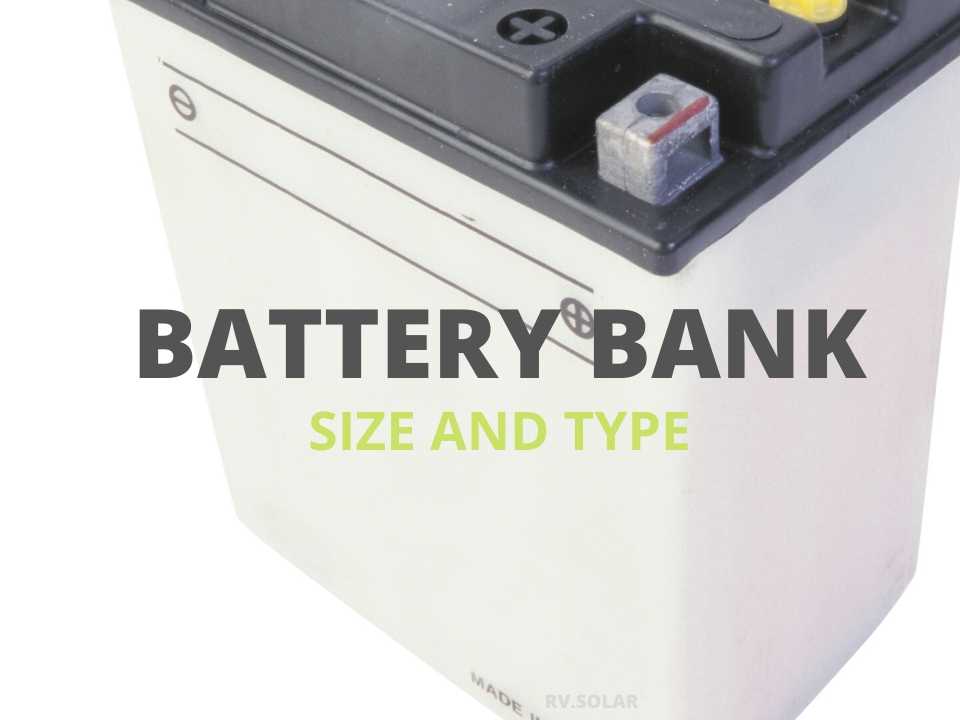
Power inverter requirements
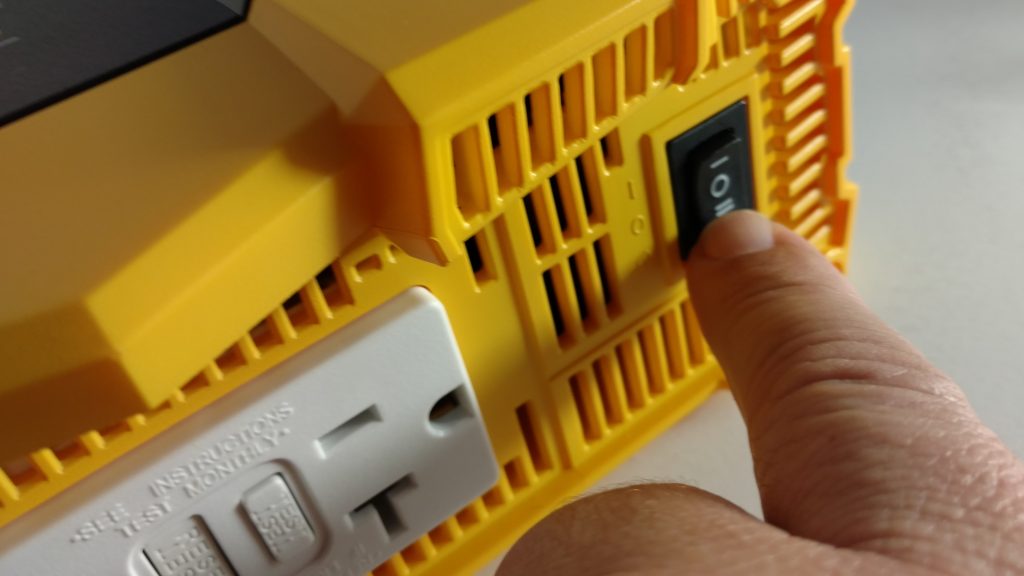
The power inverter is not usually a big consideration for running a residential refrigerator. Many RV units use preinstalled power inverters rated at 700 to 1500 watts. Unfortunately, they are only designed to run the refrigerator and often will not run any other devices in the RV.
Sample calculations
There are other ways to charge your RV in a pinch:
Generators can help
Generators are the most common way of charging the house batteries when off-grid camping. While running the generator is not ideal, it does provide an opportunity to run the AC and washing machines while charging the batteries. Sometimes you will just have to find alternate ways of charging your battery bank because you will be out of power.
Alternative solutions
- Pay per hour of electric outlets and AC at some truck stops. Check to see if their service supports your RV. https://www.idleair.com/features/services-and-prices/
- Wind Generator
- Battery charging using alternator in the vehicle. It can be really slow and the refrigerator could outpace the production.
Common Issues with Residential Fridges off-grid
The main issues that impact customers when running a refrigerator on solar are the relentless load. This means they are power-hungry and your system will need to be able to handle this load. When you run out of power, your refrigerator shuts offs and begins to defrost. Not optimal.




